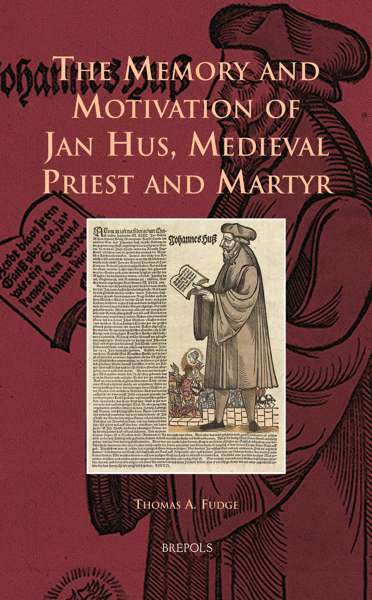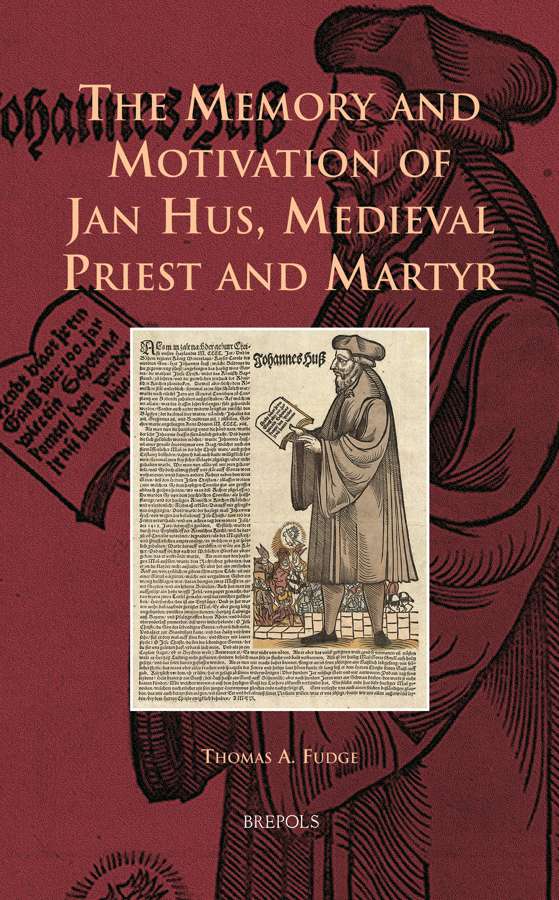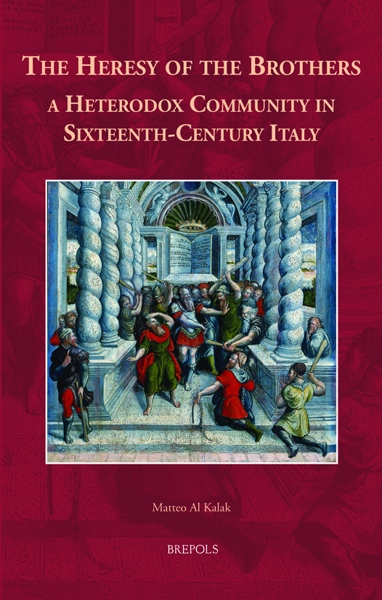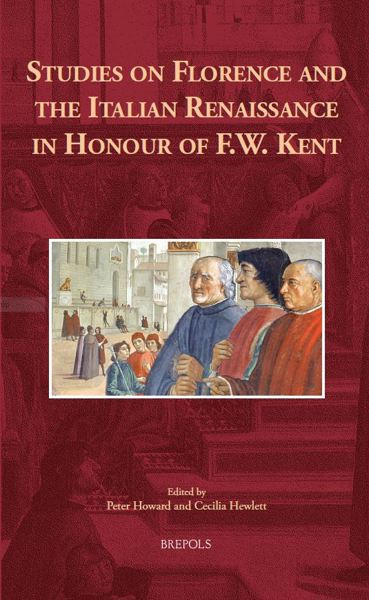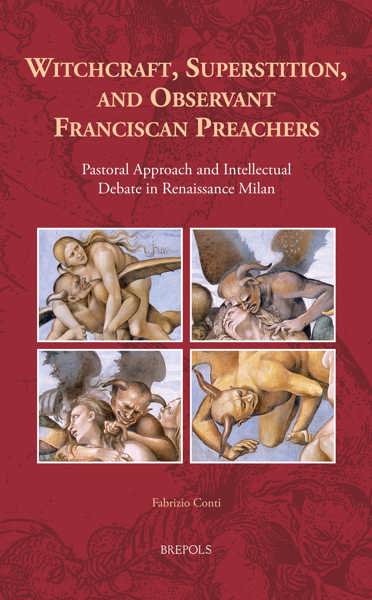
The Memory and Motivation of Jan Hus, Medieval Priest and Martyr
Thomas A. Fudge
- Pages: 292 p.
- Size:156 x 234 mm
- Language(s):English, Latin
- Publication Year:2013
- € 95,00 EXCL. VAT RETAIL PRICE
- ISBN: 978-2-503-54442-7
- Hardback
- Available
- € 95,00 EXCL. VAT RETAIL PRICE
- ISBN: 978-2-503-55801-1
- E-book
- Available
This publication explores the identity and significance of Jan Hus (1371-1415), Czech priest, philosopher, reformer, and master at Charles University in Prague.
"The results of this monograph’s approach are (1) a detailed picture of a cautious theologian who became a preacher of reform unable to do anything but accept the heretic’s mantle because of his belief that his ethics (read theology) was congruent with the law of God and (2) a sophisticated evaluation of the created memory of Hus. If one were to have the ambition to assign a history of Hus to advanced undergraduates, this would be it (...)" (Jeanne E. Grant, in: The Catholic Historical Review, Vol. 100, No 2, 2014, p. 339)
"(...) this is a fascinating study, not only of Hus and the reasons for his execution, but of how in the popular perception an individual executed for heresy became a national hero and martyr." (Charlotte Methuen, in: Speculum 91/1, January 2016, p. 201-202)
"(...) ce livre, qui doit prendre place parmi les études de référence sur Jean Hus et son historiographie." (B. Van den Abeele, in: Scriptorium 2015/01, nr. 104)
"Alles in allem ist aber F.s Buch eine originelle Einleitung in die Problematik der Persönlichkeit von Jan Hus in ihrer geistigen Dimension, und dies sowohl aus historischer als auch aus legendärer Sicht." (Dušan Coufal, in Deutsches Archiv für Erforschung des Mittelalters, Band 72-1, 2016, p. 359-360)
Jan Hus (1371-1415) gave his name to a social and religious revolution which captured the attention of Europe. The central figure in a late medieval reform movement, he died a condemned heretic. Martyrdom made him famous but his essential identity has remained a point of controversy. Who was Jan Hus?
This work explores the driving forces in the life and work of this medieval priest as he moved from obscurity to the vulnerability of a publicly accused heretic and the disgraceful prelude to martyrdom. It also focuses on the construction and facilitation of the memory of Jan Hus. Historical “facts” are often compelling but these postulations cannot be approached apart from the manner and process in which those events are remembered.This book illuminates the life and work of the medieval priest and martyr who rose from humble origins to national hero and popular saint on the platform of a unique and renewed practice of the Christian faith. So profound were his challenges to the church and so bellicose were the reactions to his untimely demise, that the name Jan Hus was destined never to fade into oblivion.
Preface and Acknowledgements
Chapter One: Who Was the Martyred Priest?
Chapter Two: What Did Jan Hus Think He Was Doing?
Chapter Three: ‘One-Eyed’ Hus and the Challenge of Ethics as Reform
Chapter Four: Enemies of the Gospel: Answering the Priest in the Kitchen
Chapter Five: Michael de Causis and the Politics of Heresy Hunting
Chapter Six: Hus in Popular Songs and Hymnody
Chapter Seven: The Medieval ‘Lives’ of the Priest and the Martyr
Chapter Eight: The Spirit of Hussite Religion
Epilogue: The Priest and the Martyr Defined and Confined
Bibliography
Index
